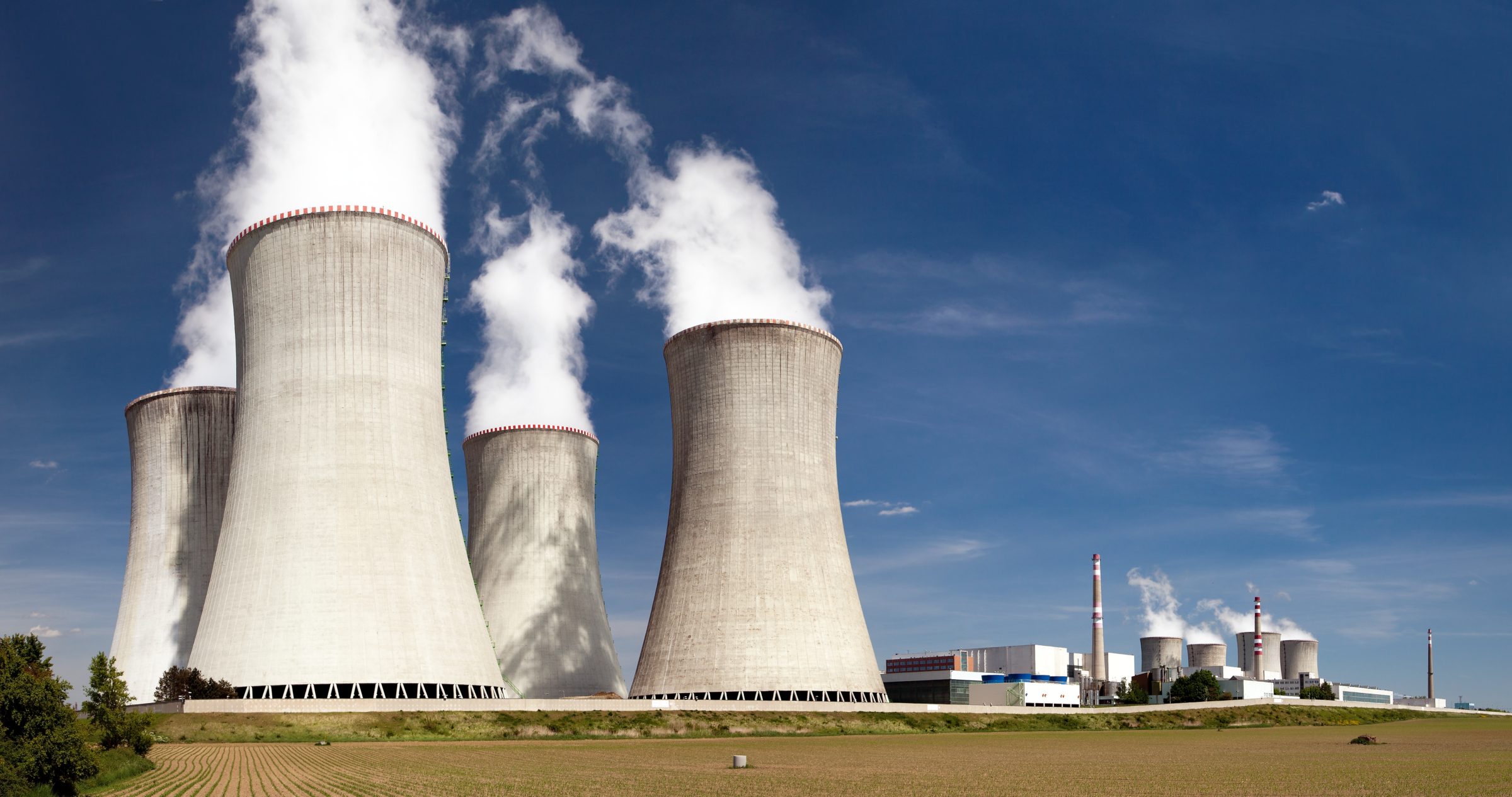Austrian Defense Minister Warns of Europe-Wide Blackouts
Originally published at National ReviewThis story should be bigger. The Defense Minister of Austria believes that Europe is heading for a continent-wide blackout. From the EuroWeekly story:
According to La Razon, Klaudia Tanner asserted that the question was not whether there was going to be a blackout, but rather that “the question is when it will be”. She has also stated that this danger is “underestimated by all” when it could have catastrophic consequences.
The Austrian government takes the potential threat so seriously that it has launched a public-education campaign to help people prepare:
In order to raise awareness among the population, the Austrian government has decided to launch an awareness campaign that will run throughout the month. Not only will it run in the media, but thousands of posters have also been distributed to Austrian cities. The minister also wanted to promote it on her social networks.
The slogan of the campaign is “What to do when everything stops”, and it seeks to raise awareness among the population about what measures to take when the blackout occurs. Advice about buying enough food for several days, having fuel, candles, batteries, and plenty of drinking water, is given. Another effective measure would be to agree on a meeting point with family and friends and try to collaborate with the neighbors as much as possible it says.
The story doesn’t say why the Austrians are convinced a catastrophic blackout is coming. Could it have to do with countries such as Germany, which intentionally reduced its reliable generating capacities by closing nuclear power plants — because of a tsunami in Japan! — and natural-gas generation to reduce emissions?
Could be. An article in Foreign Policy from earlier this year warned about significant grid problems that could be caused by the continent’s increasing reliance on renewable sources of energy (my emphasis):
Germany’s move to a power system largely reliant on weather-dependent renewables is quickly running up against limits — issues that all countries exchanging conventional fuels for wind and solar will eventually face. What happens when the sun doesn’t shine and the wind doesn’t blow for hours or even days at a time? And what about the short, dark, cold days of midwinter when renewables of Germany’s power demand?
And it’s not only shortages that are problematic but also surpluses: Stormy days can be so windy that the power flows from wind parks on- and offshore overwhelm the power grid, even triggering its collapse. These electricity tsunamis can threaten the stability of neighboring countries’ energy systems, a brickbat the Poles and Czechs wield. Moreover, when there’s excess power in the grid, prices can go negative, forcing grid operators to pay customers to take the electricity,
Yikes!
With the big Glasgow conference ongoing and given the stakes, one would think that this potential catastrophe would be a prime subject of conversation. Because if the climate-change fight actually does contribute to a massive power outage in Europe — with all its attendant horrors and casualties — the anti-global warming campaign will be discredited beyond repair and the politics of Europe roiled in ways we can’t even begin to imagine.
